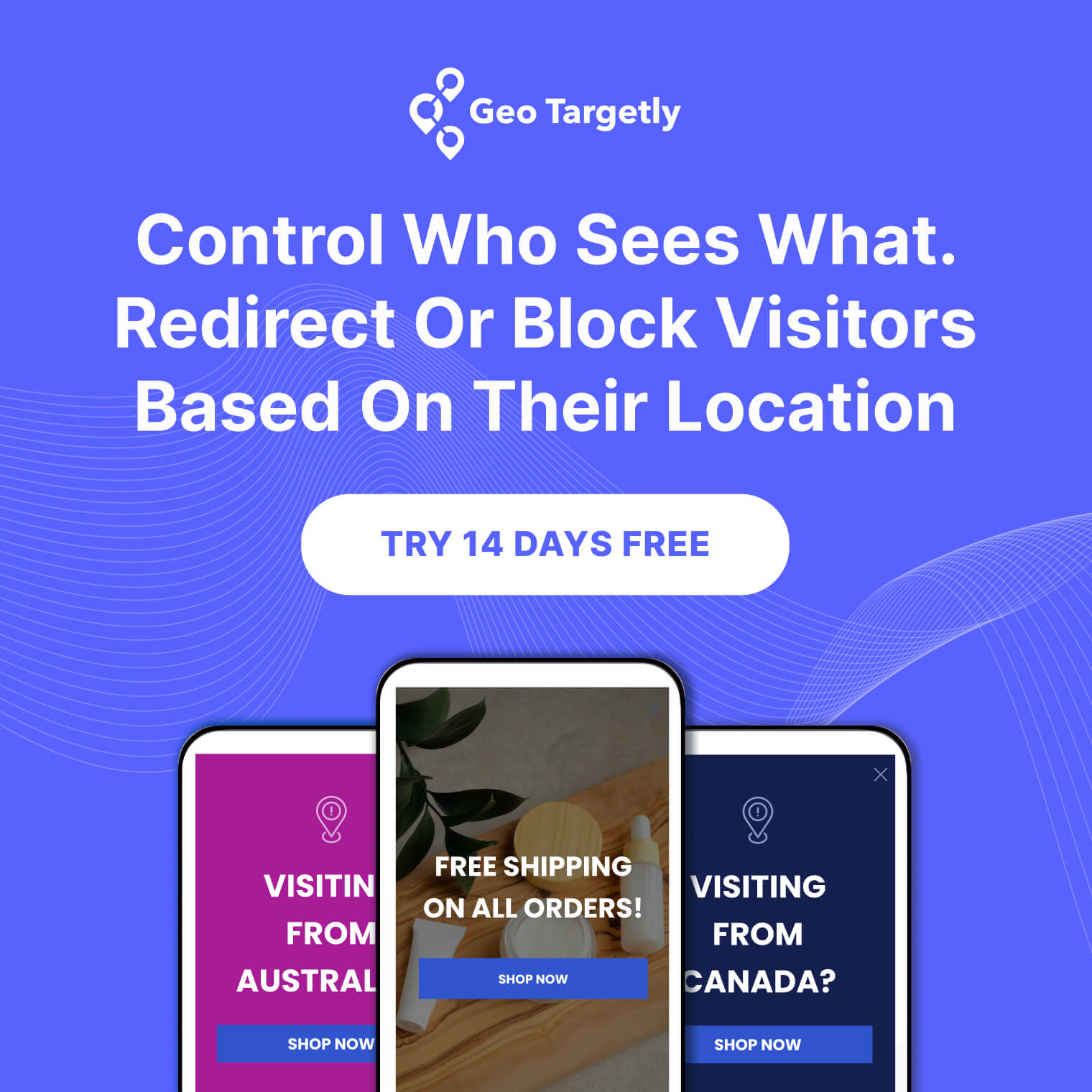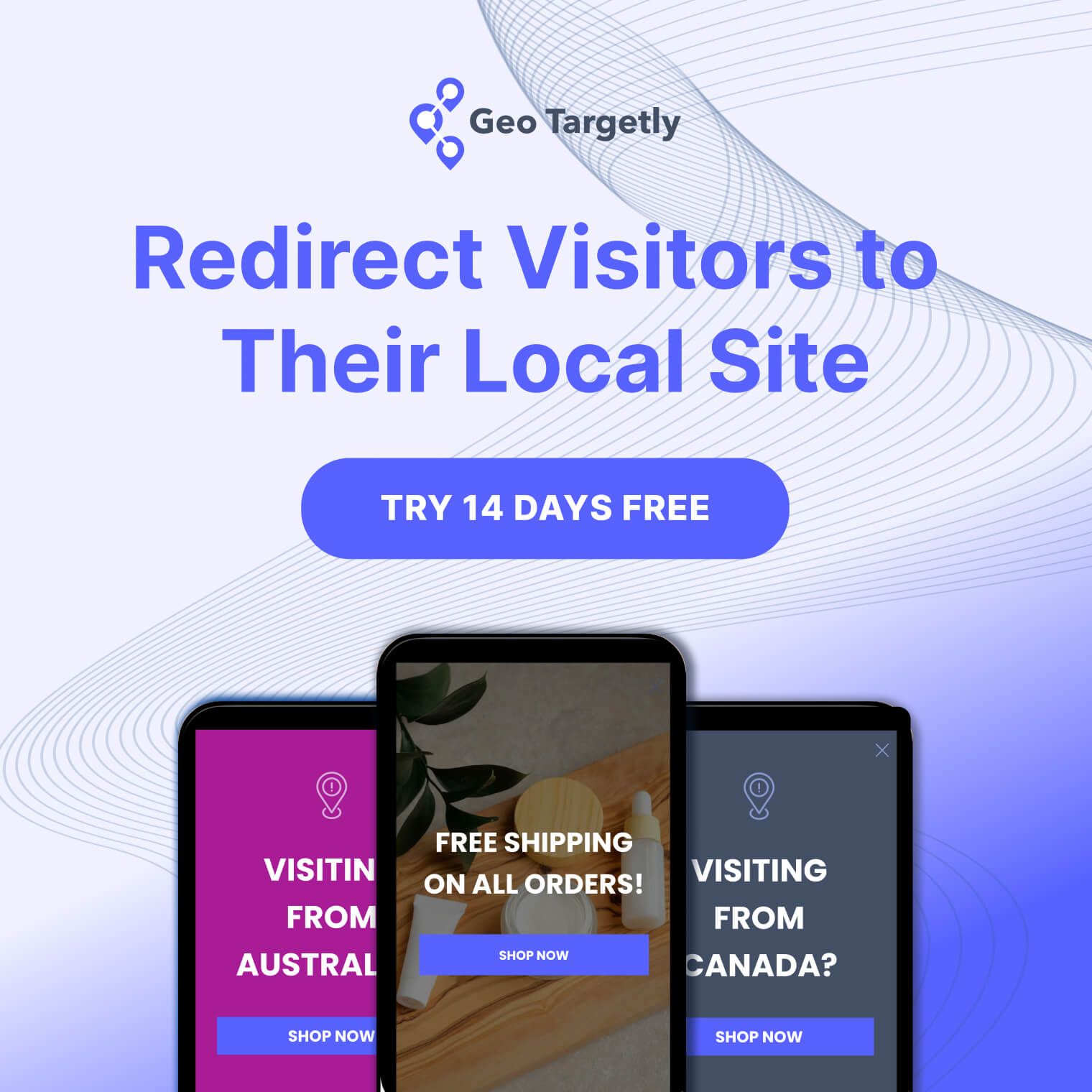

IP Geolocation is a fascinating and relatively new technology that plays a critical role in the modern digital landscape. In simple words, it involves mapping the internet not just as a global network but as a collection of physical locations.
The geolocation of an IP address is a key aspect of this technology, providing valuable insights into the physical location of internet users. By pinpointing the geographical location of an IP address, IP Geolocation allows us to bridge the gap between the virtual and physical worlds.
This technology offers more than just the ability to find where a device is located, it also opens up a world of possibilities for personalized online experiences, enhanced security measures, and innovative business strategies.
How does IP address geolocation work?
At its core, IP geolocation involves the identification of an individual's or a device's geographical location based on their IP address.
But how does it work?
It all begins with a vast database of IP addresses and their corresponding physical locations, meticulously maintained and continuously updated to keep pace with the ever-evolving internet world. To find the geolocation of an IP address, this database is a crucial resource, allowing for accurate mapping of digital connections to physical locations.
Internet Service Providers (ISPs) play a crucial role in this process.
They assign IP addresses to their users based on their physical location. So, when you connect to the internet through your ISP, you are given an IP address that is closely tied to your geographical area. The geolocation of an IP address is then determined by analyzing this address alongside routing information and other relevant data transmitted during online activities.
To determine your location accurately, IP geolocation services collect and analyze various data points, including the IP address itself, routing information, and other relevant data packets transmitted during your online activities.
The accuracy of IP geolocation can be enhanced when using Wi-Fi or mobile data.
In these scenarios, it can pinpoint your location down to a specific building or street, thanks to the unique identifiers broadcast by Wi-Fi access points and cell towers.
Once your IP address's geographical location is determined, it's often translated into human-readable information through a process called reverse geocoding. This can include details like your city, state, postal code, and country.
IP geolocation has significant implications for businesses as well. IP geolocation software enables targeted advertising, content localization, and fraud prevention. For example, e-commerce websites can use IP geolocation to display prices in the user's local currency or offer location-based discounts, enhancing the overall user experience and potentially increasing sales conversions.

How accurate is IP Geolocation
Accuracy is essential when it comes to IP geolocation, especially considering the wide range of applications that rely on this technology.
But just how accurate is it?
- Substantial Accuracy: IP geolocation has a high degree of accuracy at the country level. In fact, it can accurately determine the country associated with an IP address in nearly 99% of cases.
- City-Level Accuracy: At the city level, the accuracy remains impressive, with an average accuracy rate of around 80-90%. This level of precision is particularly valuable for businesses targeting specific metropolitan areas.
While not perfect just yet, IP geolocation services continue to improve their accuracy through ongoing database updates, more sophisticated algorithms, and the incorporation of additional data sources.
Pro tip: Consider using an IP geolocation API in order to customize your website with location-based personalization.
Errors in accuracy
Despite its impressive accuracy rates, IP Geolocation is not perfect, and mistakes can happen. Several factors contribute to these occasional inaccuracies.
One significant factor affecting accuracy is the use of virtual private networks (VPNs) and proxy servers, which hide the true location of an IP address. When you use a VPN or a proxy, your incoming and outgoing traffic is routed through the proxy/VPN. Because of this, your IP is the VPN/proxy IP — which means geolocation will be able to pinpoint the VPN address but not your real (hidden) one.
Another factor is the allocation of dynamic IP addresses by some ISPs. These addresses can change periodically, which can result in inaccuracies if the geolocation database is not regularly updated.
While Wi-Fi and mobile data can offer precise location data, they can also introduce errors when users connect to networks outside their usual locations. For example, a user traveling to a different city may momentarily appear to be in two locations at the same time.
Geolocation databases may not always reflect real-time changes either. For example, if an ISP reallocates IP addresses, it may take some time for the database to update, leading to temporary inaccuracies.
Is geolocation an invasion of privacy?
The use of geolocation technology has revolutionized various aspects of our lives, such as navigation, weather forecasting, and enabling location-based services like ride-sharing and food delivery.
However, this capability to pinpoint someone's precise location also raises the concern of whether geolocation is an invasion of privacy.
Central to geolocation technology is the collection and processing of location data, which includes GPS coordinates, Wi-Fi network information, and cellular tower triangulation. This data is crucial in providing personalized experiences and services.
However, its collection and use raise significant privacy questions, particularly around tracking and surveillance.
The constant tracking and recording of individuals' locations can lead to a sense of “being watched,” raising concerns in contexts like government surveillance or unauthorized tracking by third parties.

There are additional privacy concerns related to the fact that geolocation services often store a history of a user's location data.
While this is convenient for services like mapping apps, it creates and stores a detailed record of a person's movements, raising issues if this sensitive information is accessed without authorization.
Sharing location data with third parties, especially for ads and marketing, adds to privacy worries. This can result in the creation of detailed profiles of users and sending them very specific ads, often without the user's clear permission or knowledge.
To address these privacy concerns or to comply with regional regulations, some companies implement geoblocking, a practice that restricts access to certain content or services based on a user's geographic location.
While geoblocking can serve legitimate purposes like adhering to copyright laws, it can also be perceived as limiting users' freedom and access to information.
Geoblocking
Geoblocking, a strategy often employed by content providers and online platforms, involves restricting access to content or services based on the user's geographic location.
While geoblocking can be a means to address various issues, it has garnered its share of controversy and debate.
- Copyright and Licensing: One of the primary reasons for geoblocking is copyright and licensing agreements. Content providers may be required by law to restrict access to their content based on geographic regions to comply with licensing agreements. For example, a movie or TV show may have different licensing agreements in different countries, necessitating geoblocking to enforce these restrictions.
- Regional Regulations: Geoblocking can also be driven by compliance with regional regulations and laws. Different countries have varying rules regarding content, such as censorship laws, that require online platforms to restrict access to certain content in specific regions.
- Pricing and Market Segmentation: For e-commerce and digital services, geoblocking is sometimes used as a pricing and market segmentation strategy. Companies may offer different pricing or content libraries based on geographic regions to optimize revenue and cater to local preferences.
- Bypassing Geoblocking: Users have developed various methods to bypass geoblocking, such as using Virtual Private Networks (VPNs) or proxy servers. While these methods can allow users to access restricted content, they can also raise legal and ethical questions.
- User Frustration: Geoblocking can be a source of frustration for users who encounter restrictions when trying to access content or services. This frustration can lead to negative perceptions of the company implementing geoblocking.
Geoblocking can serve legitimate purposes such as complying with copyright laws and regional regulations, it remains a contentious issue. Striking a balance between protecting rights and ensuring access for users is an ongoing challenge in the world of geoblocking.
Types of IP addresses: static vs dynamic IPs
In the complex world of IP geolocation, different types of IP addresses play an essential role. The primary source for IP address data comes from regional Internet registries, which are responsible for allocating and distributing IP addresses among organizations located in their respective service regions.
These registries include:
- African Network Information Centre (AfriNIC)
- American Registry for Internet Numbers (ARIN)
- Asia-Pacific Network Information Centre (APNIC)
- Latin American and Caribbean Internet Address Registry (LACNIC)
- RIPE Network Coordination Centre (RIPE NCC)
Residential IP address
Residential IP addresses are typically assigned to individual homeowners or renters by Internet Service Providers (ISPs).
These IPs are often dynamic, meaning they can change periodically. The geolocation data linked to residential IPs can usually provide a general idea of the user's location, such as the city or neighborhood, but may not always pinpoint the exact address due to the dynamic nature of these IPs.
Using a dynamic IP
Dynamic IPs, commonly allocated to residential users, change over time.
This can cause challenges in IP geolocation, as the location associated with an IP address may be outdated if the address has recently changed. Dynamic IPs are the norm for most home internet connections, making it more difficult to accurately track and maintain up-to-date geolocation data.
Using a mobile phone
Mobile phones typically connect to the internet using dynamic IPs provided by cellular networks.
As users move and switch between different network towers, their IP address can change. This mobility means that the IP address of a mobile phone might not always accurately represent its current location, as it could be associated with the location of a previous network tower.

Using a VPN or Proxy
When a VPN (Virtual Private Network) or Proxy is used, the IP address visible to websites and services on the internet is different from the user's actual IP address. VPNs and proxies reroute internet traffic through a server in a different location, effectively masking the user's real geographical location.
This can lead to significant inaccuracies in IP geolocation, as the reported location corresponds to the VPN or proxy server, not the user's actual location. However, this is also a useful method for those wondering how to change the geolocation of an IP address — for example, for privacy or to access region-restricted content.
Each type of IP address – be it residential, associated with a VPN or proxy, dynamic, or linked to a mobile phone – presents unique challenges and considerations in the realm of IP geolocation. Understanding these categories is essential for grasping the intricacies and limitations of IP geolocation technologies.
Why do we need geolocation?
Geolocation technology has become indispensable in our increasingly connected world. Its applications span various domains, making it a vital component of many digital services and processes.
Enhanced User Experience
Geolocation enables businesses to offer personalized user experiences. Streaming services use it to provide region-specific content, while e-commerce sites display localized pricing and shipping options. This personalization not only improves user satisfaction but also increases engagement and loyalty.
Targeted Advertising and Marketing
Geolocation allows advertisers to target their campaigns based on the geographical location of users. This targeted approach ensures that marketing efforts are more relevant, effective, and ultimately, more successful in reaching the intended audience.
Fraud Detection and Prevention
In the realm of online security, geolocation plays a pivotal role in fraud detection. By tracking the geographical source of transactions, companies can identify and prevent fraudulent activities, such as unauthorized access or transactions from unusual locations.
Compliance with Legal and Regulatory Requirements
Many digital services are bound by legal and regulatory constraints that vary across regions. Geolocation helps in complying with these regulations by restricting access to content or services based on the user's location. This is particularly relevant in sectors like online gambling or streaming services with region-specific broadcasting rights.
Location-Based Services
From navigation apps to location-based gaming, geolocation is at the heart of many modern services. It enables real-time location tracking, enhancing the functionality and user experience of various applications.
Emergency Services and Public Safety
Geolocation is crucial in emergency situations, where pinpointing the exact location of a person in need can be lifesaving. It's extensively used by emergency responders to locate callers quickly and accurately.
Whether it's for enhancing user experience, improving marketing strategies, ensuring security, complying with legal requirements, offering location-based services, or aiding in emergencies, geolocation has become an integral part of our digital ecosystem. As technology continues to evolve, the scope and accuracy of geolocation services are expected to expand, offering even more possibilities for its application.
.png)





.webp)


































